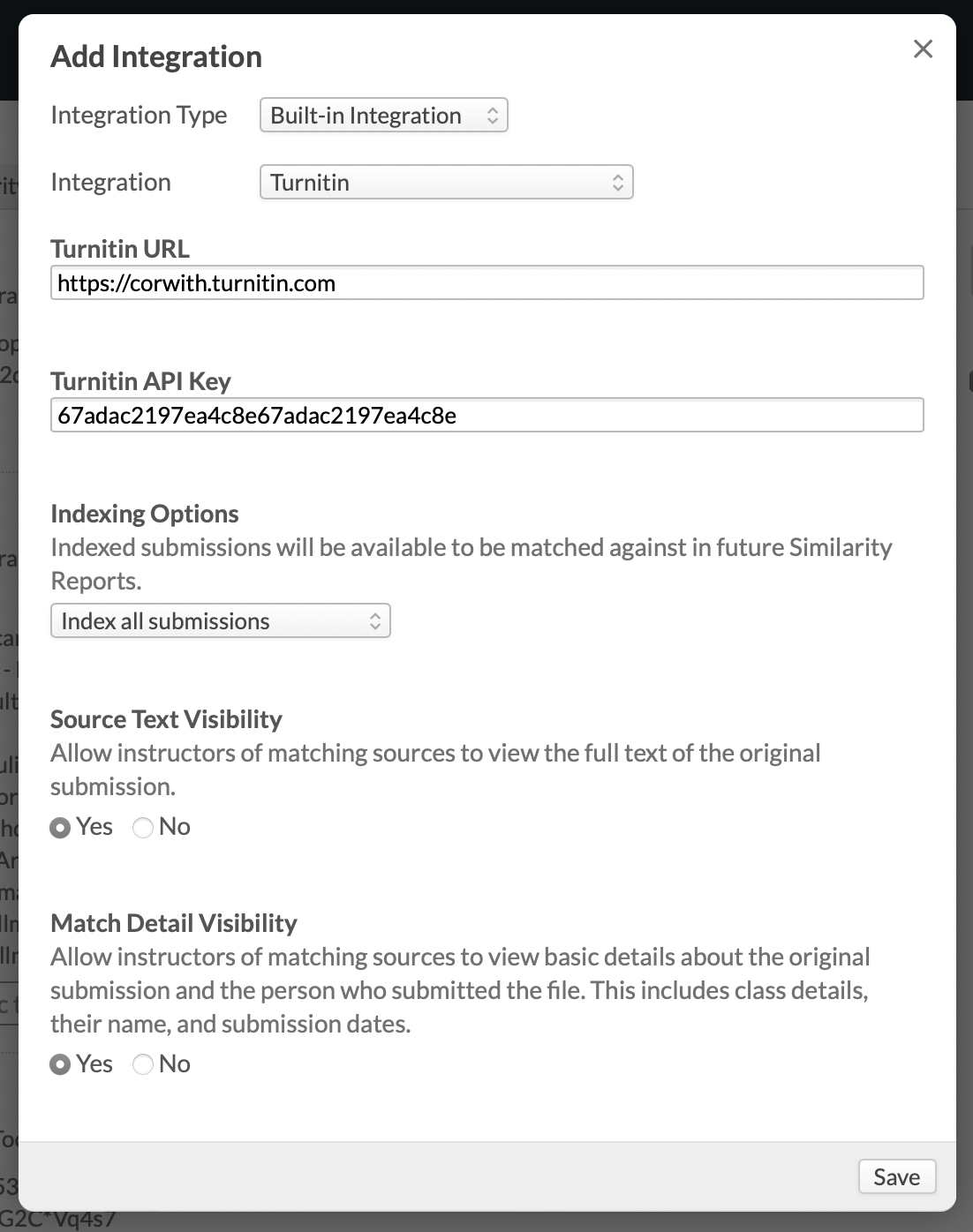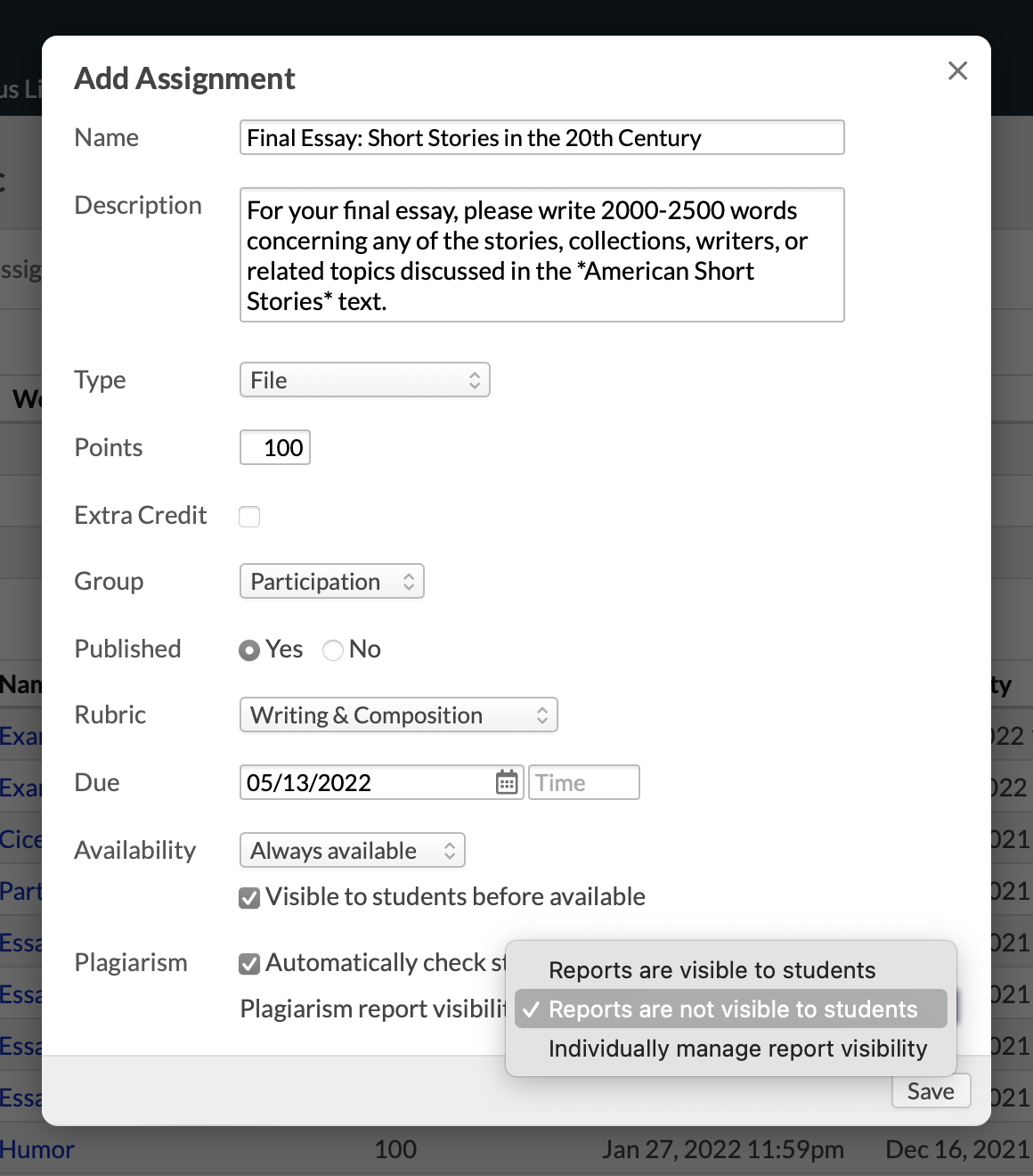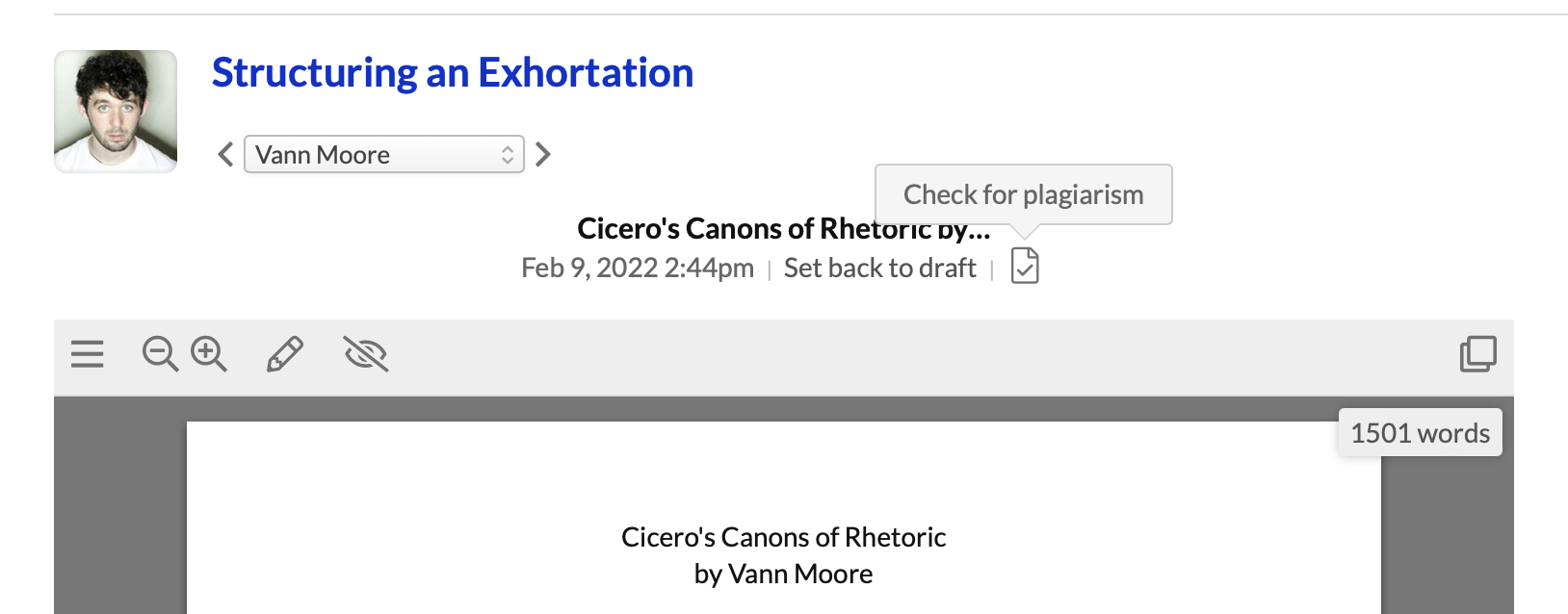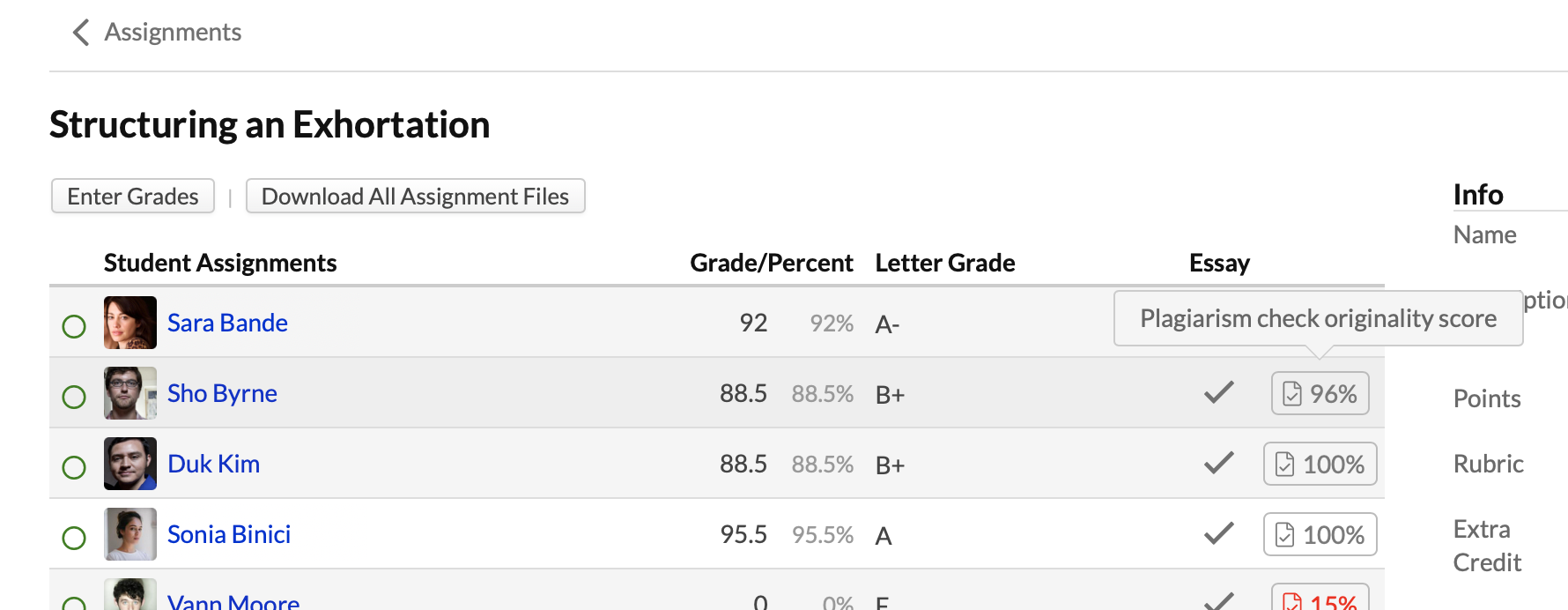Invoices, Payments, and Accounting
Let's walk through what happens on the accounting side when you create an invoice and record a payment.
First, some background: Populi (like most any software that deals with money) operates on a double-entry accounting system. That is, each individual transaction matches a debit to one account with a credit to another—for example, a student pays you and your Accounts Receivable is credited while your bank balance is debited. This creates a self-balancing system of debits and credits that lets you know exactly where your money comes from, where it goes, and how much is in any given place at any moment.

That's why the first step in financial setup is setting up your Chart of Accounts. Every transaction in Populi needs to debit one account and credit another, and you need to tell it which accounts are in play. For the purposes of tuition and fees, you create income accounts, which show how much money you earn for a particular revenue stream. Populi's Chart of Accounts comes with a number of accounts already built-in—including income accounts for tuition and fees—that most schools update or add to in order to reflect their own financial practices. The most important of these accounts is Accounts Receivable, which is hardwired to be affected by nearly every transaction you record in Populi.

When you create tuition schedules, you'll associate their various tuition brackets with an income account; likewise with fees (and room and meal plans, and so on).

Financial setup also requires you to associate payment methods with asset accounts. So, f'rinstance, online payment setup involves you choosing which asset accounts online payments flow into. And so with other payment types like checks and financial aid awards.

As covered in various places, there are no end of ways to add charges to students. Enrollments automatically trigger tuition and fee charges. You can manually add any kind of charge on student profiles. Fees might be triggered via Campus Life, like when you add a Room Plan to a student. Whatever the case, fees first hit a student's account as a pending charge. Pending charges give you a good idea of what a student will end up owing you, but none of these charges actually hit your accounting balances until you invoice them.

When you invoice a charge, here's what happens:
- The income account associated with the item—the fee, the tuition bracket, whatever—is credited: its balance increases.
- Meanwhile, your Accounts Receivable is debited: its balance also increases.
- If there are multiple charges linked to different accounts, then there will be multiple debits and credits for this transaction.

Just as there are multiple ways to add charges to a student's account, there are multiple ways that payments can be recorded. If a student, or someone with the payment link, makes an online payment, part of the act of processing that payment involves creating the payment transaction. Such transactions are also recorded when financial aid is applied to an invoice, or if you manually record a payment when a student walks into your office with maybe some Dogecoins jingling in his pocket and settles up with you.

Whatever the case, payment transactions flow into the asset account you've designated for that payment type; it gets debited, increasing its balance. Meanwhile, Accounts Receivable matches that debit with a credit: its balance decreases.
The end result of adding a charge to a student and taking a payment to resolve it is this:
- Two transactions—an invoice and a payment—have been recorded and have affected three or more of your accounts, to-wit:
- The charges credited the income account(s) and debited Accounts Receivable.
- The payment debited the asset account and credited Accounts Receivable.
- And so, ultimately, the income account shows how much money you've charged for particular particular revenue streams...
- ...and Accounts Receivable shows that you were owed money at one point and now you're not...
- ...and the asset account shows that you have earned (and now possess) money or Dogecoins (or... ?) that'll sit tight until it's time to ride again.
Should you wish to learn more about how these features work, you could do worse than to check out the Knowledge Base, or you could make your way to our YouTube channel's Finance/Billing playlist.










